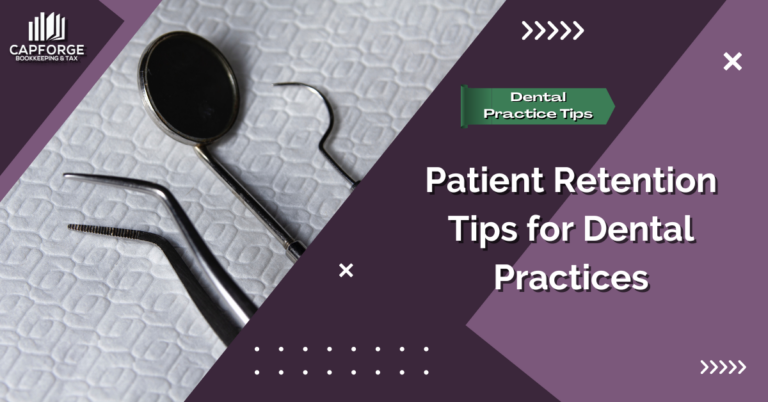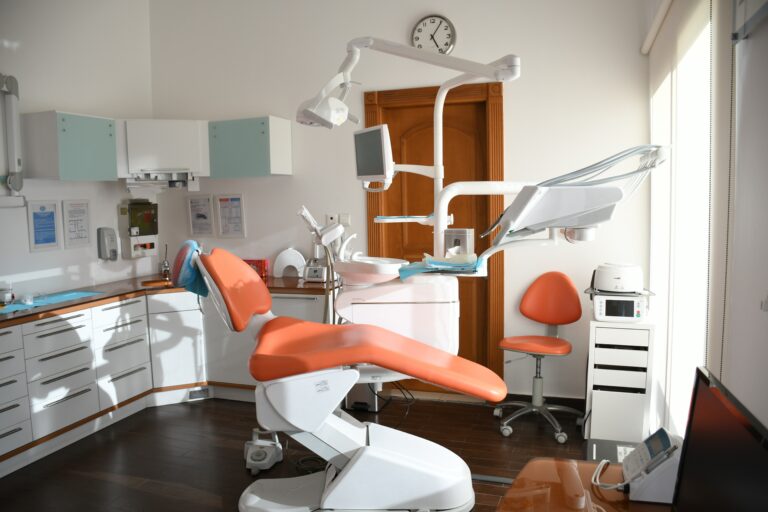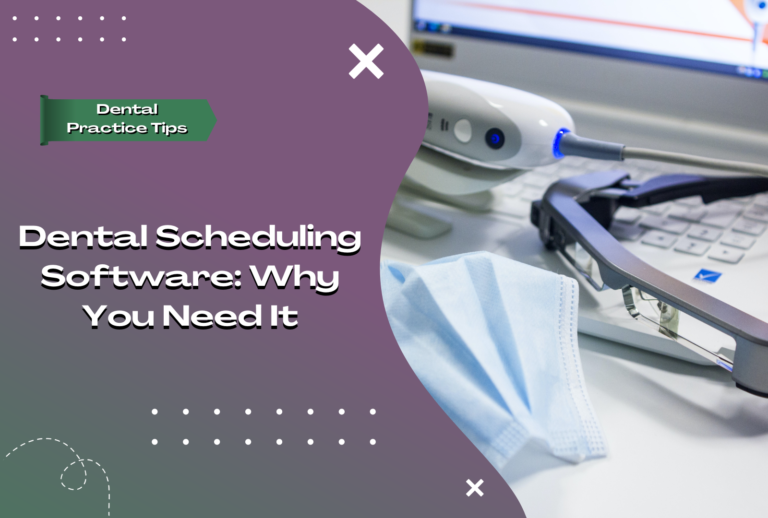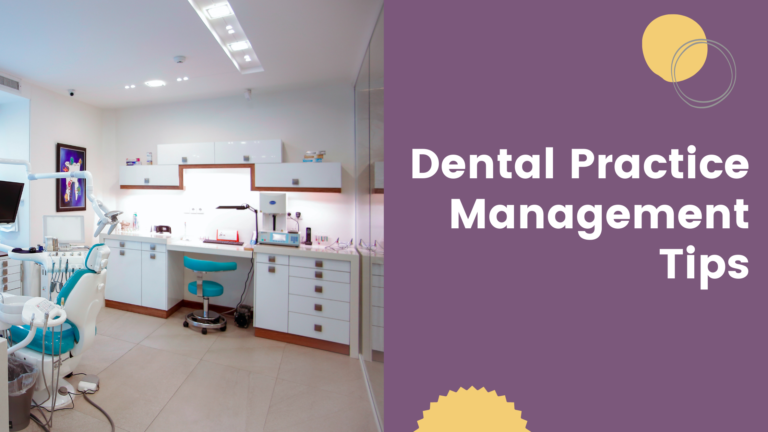A Guide to Oral Care for Children
Maintaining good oral health is essential for children as it sets the foundation for a lifetime of healthy smiles. As a parent, it’s your responsibility to teach your kids proper oral hygiene habits and take preventive measures to ensure their teeth and gums stay strong and healthy.
In this article, we will discuss effective oral health tips for children to help them develop healthy habits and prevent dental problems in the long run.
Oral care habits to develop at an early age
Building healthy oral hygiene habits can go a long way toward maintaining your children’s pearly whites. These habits will serve as the foundation of their oral care and will translate well into their teenage and adult years.
1. Brushing twice a day
Regular brushing is crucial for removing plaque and bacteria from the teeth. Encourage your child to brush their teeth at least twice a day, once in the morning and once before bed. Make brushing a fun activity by using colorful toothbrushes and letting them choose their favorite toothpaste flavors.
2. Using the correct toothbrush and toothpaste
Select a soft-bristled toothbrush appropriate for your child’s age and size. Ensure that the toothbrush has a small head to comfortably reach all areas of the mouth. Use a pea-sized amount of fluoride toothpaste suitable for children.
3. Teaching proper brushing techniques
Show your child how to brush their teeth in gentle, circular motions, covering all surfaces of the teeth and gums. Emphasize the importance of brushing for at least two minutes. Supervise younger children to ensure they brush correctly.
4. Flossing teeth after each meal
Introduce flossing as soon as your child’s teeth start to touch. Teach them how to floss gently between each tooth and along the gumline. Flossing helps remove plaque and food particles from areas that a toothbrush can’t reach.
5. Encouraging a balanced diet
It’s no secret that kids have a strong preference for sugary foods than to adults. When left unaddressed, your children will develop a sweet tooth that could potentially impact their oral health.
A healthy diet plays a significant role in keeping your kids’ teeth and gums healthy. Limit sugary snacks and beverages, as they can contribute to premature tooth decay. Encourage your child to eat a variety of fruits, vegetables, whole grains, and lean proteins, which promote strong teeth and gums.
Preventing dental problems at an early age
The primary teeth of children are usually weaker than that of adults, hence making them prone to early dental problems. It’s important that you take preventive measures to ensure your kids don’t develop tooth decay and gum issues as they grow older. Here are a couple of tips worth following:
1. Regular dental checkups
Schedule regular dental check-ups for your child, starting around their first birthday or when their first tooth erupts. Regular dental visits allow the dentist to monitor oral health, provide preventive treatments, and address any concerns promptly.
2. Discourage unhealthy habits
Prolonged thumb sucking or pacifier use can affect the alignment of teeth and jaw development. Encourage your child to stop these habits as they grow older. If the habit persists, consult a dentist for guidance.
3. Protecting teeth during physical activities
If your child participates in sports, ensure they wear a properly fitted mouthguard. Mouthguards help protect their teeth from potential injuries during physical activities.
Making oral care fun and engaging
Let’s face it; oral care doesn’t exactly tickle a child’s fancy. But that doesn’t mean you should let oral hygiene be a boring activity. There are plenty of ways to make brushing teeth interesting that will make your children more engaged. Consider the following:
1. Choose toothbrushes with fun designs
Let your child pick toothbrushes and toothpaste featuring their favorite characters or designs. This makes brushing more enjoyable and encourages them to maintain good oral hygiene habits.
2. Incorporate games into their brushing routine
Make brushing time fun by singing songs or playing games. Use catchy tunes or create your own dental-themed songs to engage your child while they brush their teeth.
3. Make oral care a rewarding activity
Motivate your child by rewarding them for maintaining good oral hygiene practices. Use a sticker chart or small rewards to acknowledge their efforts, such as consistent brushing, flossing, or visiting the dentist without fear.
4. Set a good example for your kids
Children learn by observing their parents, so set a good example by practicing good oral hygiene yourself. Brush and floss together as a family, showcasing the importance of oral health and making it a daily routine.
5. Read books about oral health
Talk to your child about why oral health is important. Explain that healthy teeth and gums contribute to a beautiful smile, good overall health, and the ability to eat and speak comfortably. Help them understand the long-term benefits of taking care of their teeth by showing pictures of children with beautiful smiles.
Conclusion
By following these oral health tips for children, parents can help their little ones establish good oral hygiene habits, prevent dental issues, and make oral care a positive experience. Remember to schedule regular dental check-ups, encourage healthy eating habits, and create a fun and engaging environment for oral care.
Does your dental practice need help sorting its financial records? If so, our team is here to help! Feel free to fill out the form below, and we’ll get in touch with you shortly.







